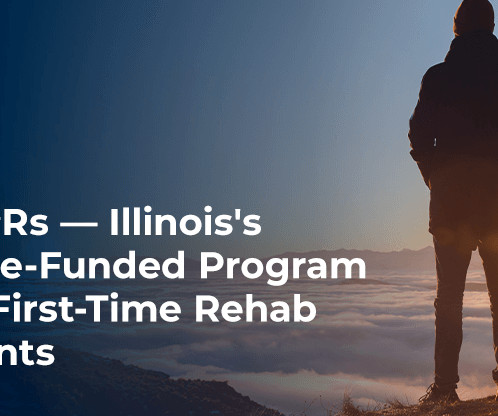Crisis Intervention in Substance Abuse Treatment
Counselor Toolbox podcast
SEPTEMBER 26, 2020
Early recovery is a period of extreme vulnerability for many people and treatment plans should always contain a suicide prevention plan (does not substitute for active monitoring) Summary - Suicidality is not uncommon - It is important to regularly screen all clients for suicidality (e.g.













Let's personalize your content